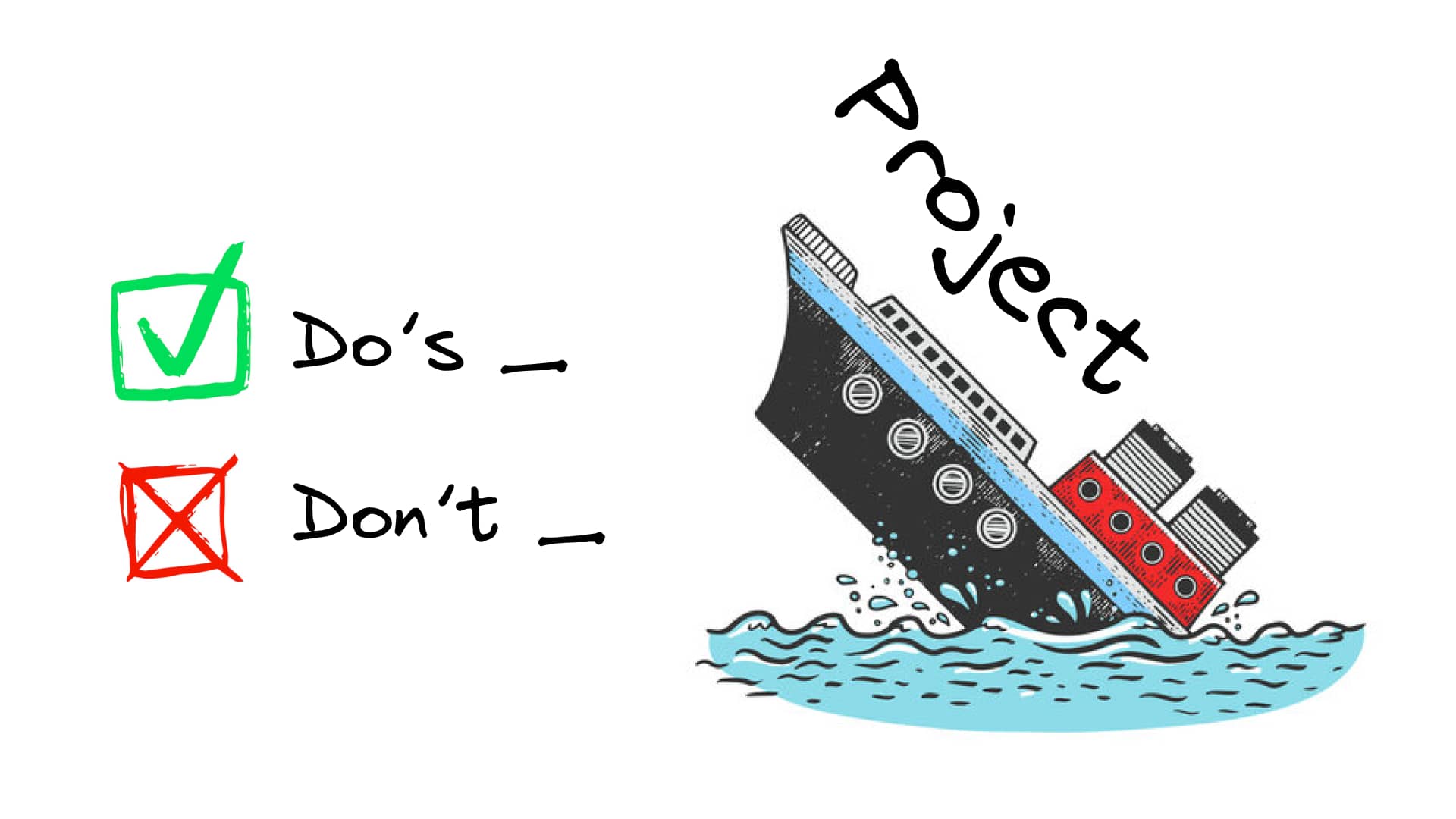The Early Project Phase Matters Most in Project Management

Ever wonder why some software projects soar while others stumble right out of the gate? After 15+ years in the trenches, I’ve identified six make-or-break decisions that can set the trajectory for your entire project. Let’s dive in.
My name is Till Carlos, and I document how my development teams become more effective. Today, we’re unpacking the crucial early-stage choices that can make or break your software project.
1. Choose the First Developer Wisely
Your first developer isn’t just writing code; they’re laying the foundation for your entire project. Their framework choice becomes your project’s DNA.
Why it matters: A React pro who’s only built small projects might flounder when architecting a complex system. Conversely, someone with enterprise experience might over-engineer a simple app.
Look beyond buzzwords. Dig into the scale and complexity of their past projects.
2. Discuss the Database Model Thoroughly
Your MVP’s database isn’t just a technicality – it’s the backbone of your product.
Why it matters: A well-thought-out data model aligns your team’s understanding of the product. It catches inconsistencies early and provides a shared language for devs and product owners.
Schedule a dedicated session to map out your data model. Involve both technical and non-technical stakeholders.
3. Put Infrastructure First
“Demo or die” isn’t just a catchy phrase; it’s a development philosophy.
Why it matters:
- Demos depend on solid infrastructure
- Developer workflow hinges on it
- It’s harder to retrofit later
I once worked with a brilliant engineer who insisted on setting up staging and production environments within the first two weeks. It seemed excessive at first, but it paid dividends throughout the project lifecycle.
4. Quality From Day One
“How you do anything is how you do everything” isn’t just a motivational poster – it’s the cold, hard truth of software development.
Why it matters: Early shortcuts become ingrained habits. If you start without proper testing, it’ll be an uphill battle to introduce it later.
I’ve seen projects where the first dev skipped writing tests “to save time.” Six months later, the entire team was afraid to make changes because there was no safety net.
5. Limit Abstractions (At All Costs!)
Premature abstraction is the root of many evils in software development.
Why it matters: Over-engineered abstractions can paint you into a corner, making it hard to adapt as requirements change.
Further reading:
6. Stick to Well-Known Tech
Cutting-edge tech is exciting, but it can be a double-edged sword.
Why it matters:
- Easier hiring
- More resources and community support
- Lower risk of abandoned technologies
I once greenlit a project using a trendy new architecture pattern the lead dev was excited about. Six months in, we realized none of the other devs could effectively contribute because the learning curve was too steep.
The Takeaway
These early decisions might seem small in the moment, but they compound over time. Get them right, and you’ll set your project up for long-term success.
What’s your experience with early-stage project decisions? Have you seen any of these play out in your work? Drop a comment below – I’d love to hear your thoughts!
Want more insights on effective software development? Check out my YouTube channel where we dive deep into these topics and more.
